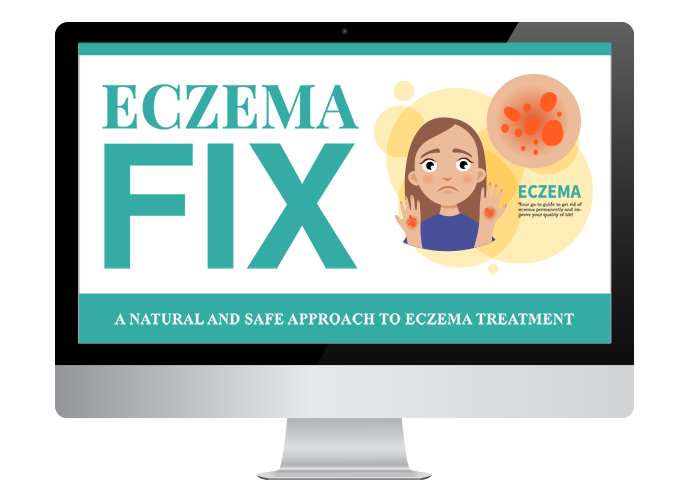It’s Not How Old You Are, It’s How Old You Feel
Your “Body Age”
As the old saying goes, “It’s not how old you are, it’s how old you feel,” and a recent study published in the European Journal of Preventive Cardiology provides more evidence that your physiological age – or “body age” – is a better predictor of your health span (how long AND well you live) than the number of candles on your birthday cake.
In the study, the researchers estimated physiological age by assessing the participants’ aerobic fitness, and they found that exercise capacity was a better predictor of longevity than chronological age.
“If you want to live longer, then exercise more. It should improve your health and length of life, said study author Dr. Serge Harb, cardiologist at the Cleveland Clinic.
Dr. Harb went on to say, “Knowing your physiological age is good motivation to increase your exercise performance, which could translate into improved survival. Telling a 45-year-old that his physiological age is 55 should be a wake-up call that they are losing years of life by being unfit. On the other hand, a 65-year-old with an A-BEST (Age-Based Exercise Stress Testing) of 50 is likely to live longer than his peers.”
Besides cardiorespiratory fitness, here are 5 other ways to lower your body age:
- Lifting weights. Believe it or not, muscle strength is one of the strongest predictors of how long and how well you will live. Lifting weights can help you maintain muscle and bone as you get older, and it can boost mood, improve cognitive function, protect against injuries, and improve quality of life.
- Skip meals. Intermittent fasting, although not for everyone, is linked to a robust array of health benefits, including anti-aging benefits. Various intermittent fasting regimens, which tend to limit when you eat but not necessarily what or how much, have been shown to improve a variety of factors that can promote health span, such as insulin sensitivity, blood lipids, inflammation, oxidative stress, body fat, and blood pressure.
Get outside. Spending more time outdoors is one of the simplest, most accessible, and most economical ways to reduce your body age. On one hand, getting plenty of non-burning sun exposure is paramount to optimizing levels of vitamin D, which seems to be correlated to staving off many chronic diseases. What’s more, connecting with nature can have tremendous whole-body benefits, including stress reduction, immune function, cognitive health, feelings of well-being, energy levels, and more. - Get social. Social connectedness may be one of the most overlooked variables when it comes to living a long, healthy, and meaningful life, and it can also directly impact your body age. Folks who feel socially isolated have a 30 – 50% higher risk of death compared to people who are more socially integrated. Believe it or not, that’s on par with other well-documented risk factors, like smoking and high blood pressure.
- Go the to sleep. If you want a surefire recipe to accelerate your physiological age, don’t get enough sleep. That’s right, yet another benefit of restorative sleep is reducing your body age. For example, research has shown a linear association between sleep duration, sleep quality, and telomere length. Telomeres are biomarkers of body age, and shorter telomeres mean an older physiological age.
Change That Up!




